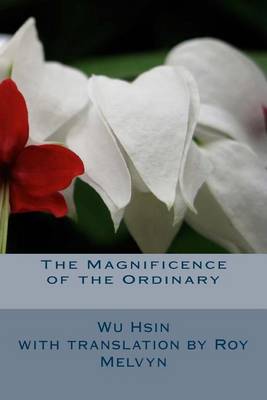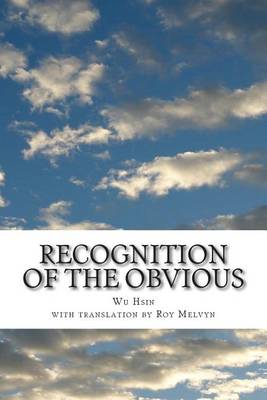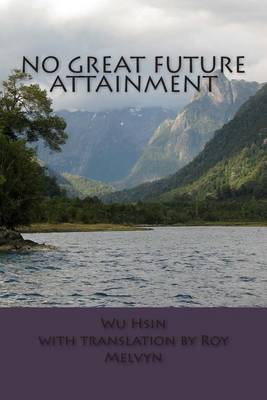The Lost Writings of Wu Hsin
3 primary works
Book 2
Wu Hsin focuses on the transcendence of the body and mind, which results in sudden insight into one's true nature. It produces an involuntary reversion to one's essence, a clear seeing that there is no place that one can call the center or a reference point here. There is nothing substantial that would allow one to declare 'This is where I begin, this is what I really am.' It is the recognition that what one is is nothing perceivable. The book is unique in that it is structured in the format of daily contemplatives. The Yuben or Compendium of the Master's Aphorisms can act as a stimulant; they are not so much about what Wu Hsin says but about what they evoke and how we respond. What makes this work of Wu Hsin such a rare find is that the articulation of his experience pre-dates, by many hundreds of years, the expressions of the great Channa (Ch'an) masters of the T'ang Dynasty, often considered to be the apogee of Chinese thought.
Book 4
Trying to grasp the teachings of Wu Hsin is like trying to grasp the wind in the palm of your hand. While they are as refreshing and fragrant as a fresh breeze, they can also be as devastating as a wildfire. Wu Hsin doesn't provide answers to the questions of life because life is its own answer. It is what-is. It moves, it flows, it breathes itself into and through everything. Instead, the writings of Wu Hsin expose, without compromise, the fundamental misconception that there is something called an individual that needs to find something else outside of itself. Admittedly, the sense of being a separate individual feels very real and affects every part of that apparent experience. Wu Hsin makes it abundantly clear; however, that this is a state of contracted energy, a sense of having lost something unnameable.
Book 5
In this final volume, Wu Hsin continues his onslaught on the seemingly known while providing new insights into the mystery called Awareness. One aspect that does not receive a lot of attention is that the reader should approach Wu Hsin with unwavering trust. Set aside all notions of what is already known and evaluate this message on the merits of its resonance with the reader. The math teacher is not questioned that 2+2 =4; it is taken as a priori.


